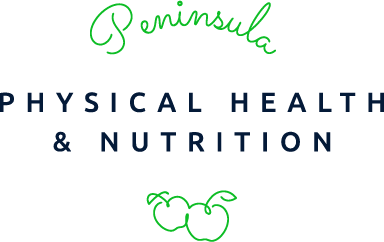Handy tips to living a healthy lifestyle
Make a plan and get organised – organisation is the key to healthy eating. Think about what happens when you get home late from work tired, hungry and can’t be bothered cooking or there’s no food in the house because you haven’t done the grocery shopping. Try and set aside time eat week to plan your meals, prioritise grocery shopping, practise meal prepping in advance so you don’t have to rely on takeaway foods or have some frozen meals stocked away as plan B. Plus it will save you a fortune!
Avoid refined sugars – Eating foods high in sugar such as lollies, cakes, biscuits and soft drinks, causes a release of dopamine, a chemical that activates the pleasure/reward center in the brain. This is the same chemical that gets released when we listen to music, laugh with friends, have sex and consume drugs and alcohol. Activation of this dopamine system in the brain leads to intense feelings of reward which makes you want to carry out the behaviour again (because it feels so good), consequently resulting in cravings and addiction. When we consume these sugary foods on a regular basis we are continuously activating this dopamine reward system and the brain responds by down-regulating the dopamine receptors to prevent overstimulation. This means the next time you eat your favourite donut at smoko you’re going to need a second one to achieve the same sense of happiness. In other words, the more sugar you eat the more sugar you crave!
Choose low GI carbohydrate sources – in order to prevent peaks and troughs in your blood sugar levels and energy throughout the day, it may be helpful to adopt a lower-moderate total carbohydrate intake, particularly tradesmen who are not doing a significant amount of high intensity physical work. When choosing carbohydrates, reach for low GI (glycaemic index) sources for a more sustained release of energy such as sweet potato, brown rice, wholegrain breads, legumes, fruit and low fat dairy products.
Avoid caffeine after midday and get a good night’s sleep – Caffeine has a half life of 6hrs (this is the amount of time is takes for 50% of the drug to be cleared from your system). Because of this, it is recommended to stop drinking caffeine after midday. Even if you think you can get away with drinking coffee right before bed, studies have shown that individuals who consumed one standard dose of coffee in the evening, had a 20% reduction in the amount of deep sleep they received. When you’re sleep deprived, levels of Leptin (the hormone which signals to your brain that you are full) is impaired so you lose that satiety signal to your brain and Ghrelin (the hormone that signals to your brain that you’re hungry and want to eat more) actually increases. Lack of sleep and disruption in these hunger hormones can affect your appetite, causing you to overeat.
Eat plenty of fresh fruit and vegetables – these foods are fantastic sources of essential vitamins and minerals needed for our bodies to function optimally. They are important sources of dietary fibre which helps slow digestion, stabilises blood sugar levels and creates a greater sense of fullness to help combat over eating. Certain fruits and vegetables are also beneficial prebiotics: the food your healthy gut bacteria needs to survive. Ensuring a healthy gut is crucial with studies now suggesting there may be a link between our gut microbiome and our body weight.





